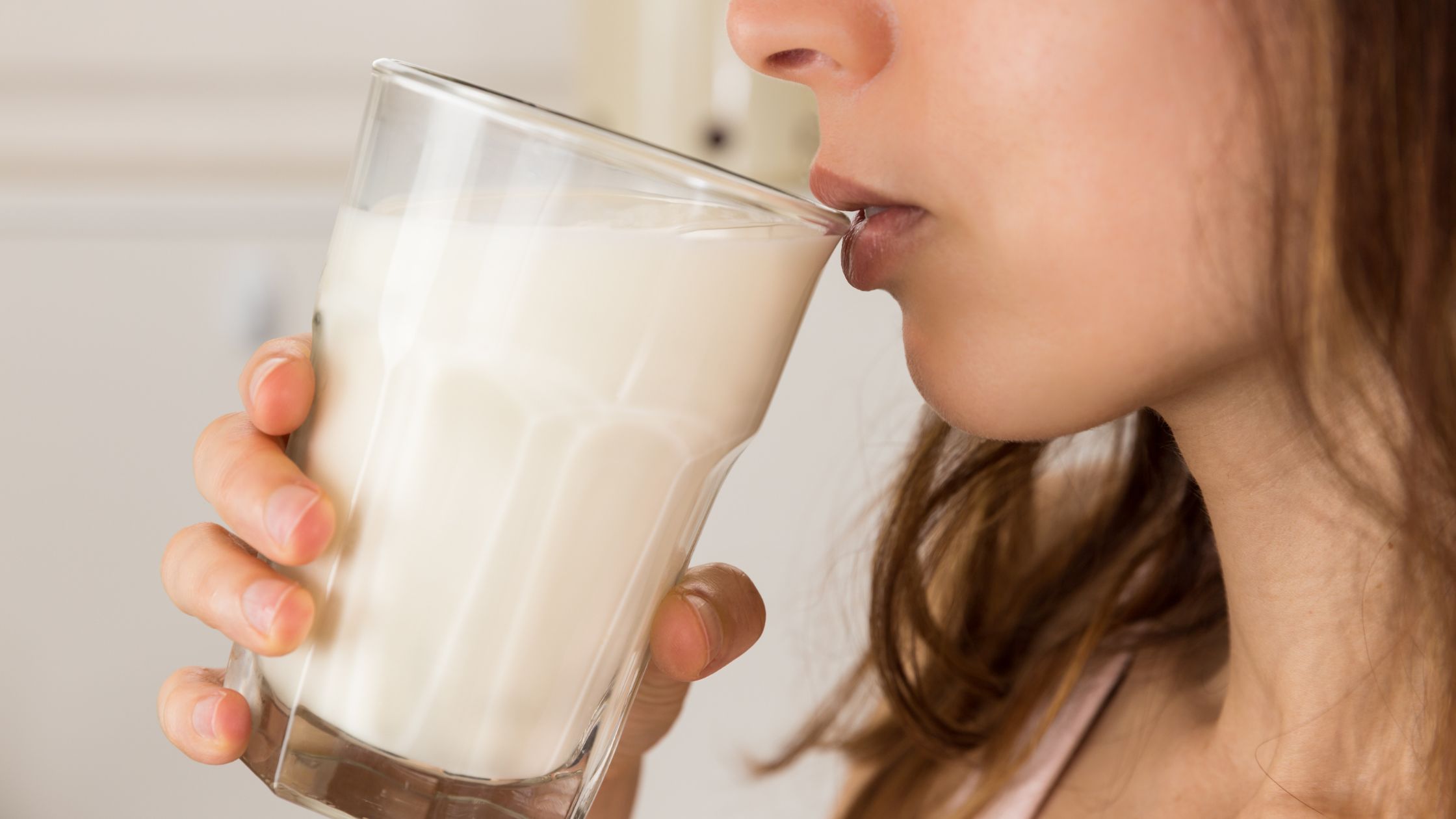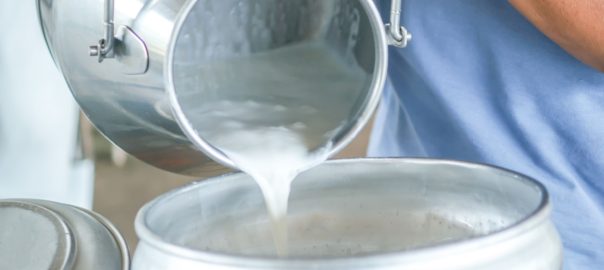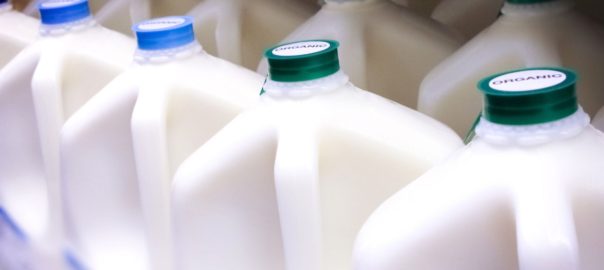I've previously written about how raw milk regularly crops up in the news. There are many people who prefer it to pasturized and/or homogenized milk. Both the Raw Milk Institute and the Weston A. Price Foundations Campaign for Real Milk support those consumers who want raw milk and those farmers who want to provide it.
What’s the deal with raw milk?
Every now and again the issue of consuming raw milk seems to get more attention in the news and in legislative prospects. Each state has their own laws on subject and are divided in to four categories for the sale of raw milk for human consumption: Farm legal, Retail Legal, Cow Share Legal, and Illegal.
Currently there are 44 states that allow distribution or sale of raw milk, of these 44 states - 38 allow the sale or distribution for human consumption and the other six states allow for animal consumption. Some states make decisions regarding raw milk specifically but will allow the grocery store sale of and consumption of raw milk cheeses. If you’re interested in consuming raw milk you’ll need to look into the guidelines for your particular state.
Raw milk nutrition
The battle for the right to purchase raw milk has been going on for over 100 years. Milk pasteurization became a common practice in the 1920s and was considered “one of the major breakthroughs in public health.” Yet many believe that the pasteurization of the milk destroys or hinders the health benefits of the milk.
- Proponents of raw milk believe it provides more nutrition. It is noticeably higher in Vitamin C than pasteurized milk
- A study in 2009 found that all of the DHA (dehydroascorbic acid) and 20% of the ascorbic acid disappeared in pasturized milk due to the processing
- When milk is heated there is also a reduction in calcium available for your body to use.
- Raw milk contains high levels of CLA (conjugated linoleic acid – an essential fatty acid which can help fight cancer).
- More than half of the Vitamin D in raw milk is destroyed in processing which is why commercial milk is fortified.
Additional benefits of raw milk include:
- A 2006 study from England showed that raw milk consumption substantially reduced allergies and asthma in children
- Pasteurization of milk destroys a lot of the enzymes and good bacteria in the milk. These are beneficial to our health and the only way we can get them is through raw dairy
- Homogenizing milk forces the fat globules into small particles and prevents the cream from rising to the top. This process heats the milk for a second time and many folks feel it changes the flavor and the nutritional value
- Because unheated milk has all the enzymes and bacteria (important for lactase to break down the milk sugar), many people who think they are lactose intolerant can actually drink raw milk without a problem
The dangers of raw milk
The other side of the debate claims that raw milk is too dangerous to be sold for human consumption.
There are risks with raw milk as it can harbor microorganisms that can pose a serious health risk such as salmonella, E. coli, Listeria, Campylobacter, and other foodborne illnesses. There is a risk of these pathogens in many other foods too. This is why it is extremely important to know your farmer, the cleanliness of the farm and milking process, and confirm that the farm does regular testing for pathogens.
When considering purchasing raw milk from a farm, do your research on the farm, ask questions about the milking process, and maybe even ask to do a farm visit to see for yourself how clean the operation is. I cannot stress enough to do your research about the farm and their practices.
In conclusion
There are a wide range of documented health benefits to be had from consuming raw dairy products. However there are also some risks. The consumption of raw dairy is a personal one and may or may not be available depending on the laws in your area. If you do choose to consume raw dairy it is vital that you know where it comes from and verify that the dairy is taking appropriate measures to provide the cleanest, best quality raw milk products.
Sources
"Raw Milk Institute". Raw Milk Institute, 2023, https://www.rawmilkinstitute.org/
"Home - Real Milk". Real Milk, 2023, https://www.realmilk.com/.
CDC Raw Milk Q&A -
https://www.cdc.gov/foodsafety/rawmilk/raw-milk-questions-and-answers.html.
Lucey JA. Raw Milk Consumption: Risks and Benefits. Nutr Today. 2015 Jul;50(4):189-193. doi: 10.1097/NT.0000000000000108. Epub 2015 Jun 27. PMID: 27340300; PMCID: PMC4890836.
"Raw Milk: Discussing It’S Merits And Safety - The Nourishing Gourmet". The Nourishing Gourmet - Nourishing. Satisfying. Gourmet., 2009, https://www.thenourishinggourmet.com/raw-milk-discussing-its-merits-and-safety/.
Yoon, Yohan et al. "Microbial Benefits And Risks Of Raw Milk Cheese". Food Control, vol 63, 2016, pp. 201-215. Elsevier BV, doi:10.1016/j.foodcont.2015.11.013.
Cardin, Guillaume et al. "A Mechanistic Study Of The Antiaging Effect Of Raw-Milk Cheese Extracts". Nutrients, vol 13, no. 3, 2021, p. 897. MDPI AG, doi:10.3390/nu13030897. Foundation, The. "Real Milk Campaign". The Weston A. Price Foundation, 2018, https://www.westonaprice.org/real-milk-campaign/#gsc.tab=0.


